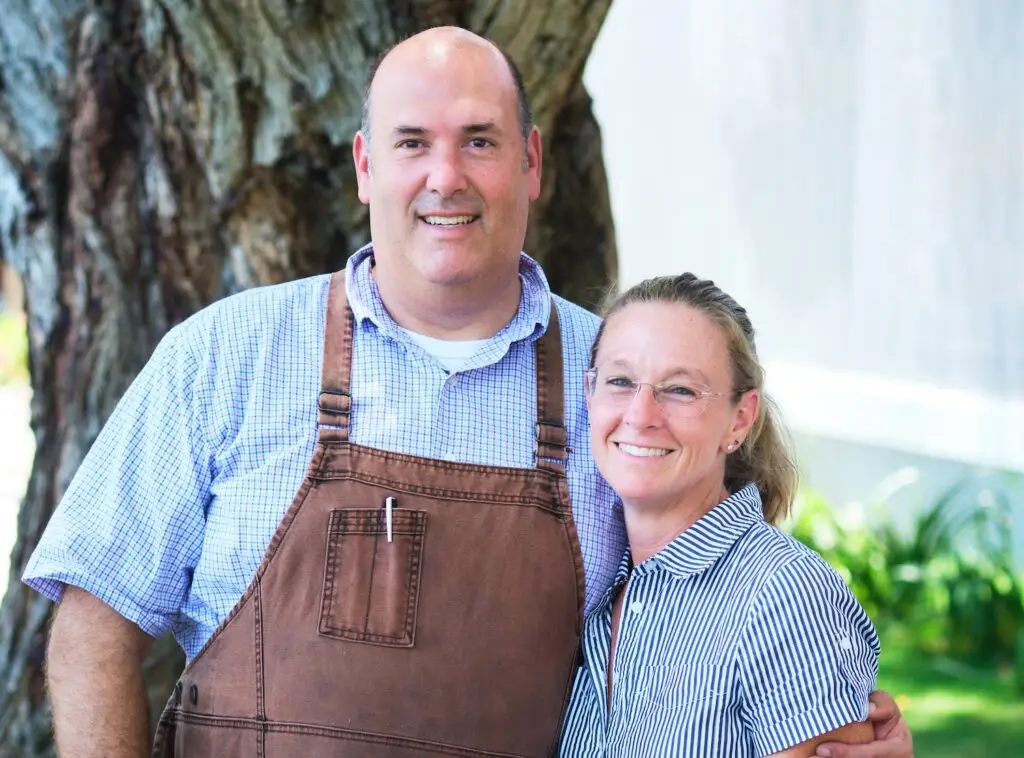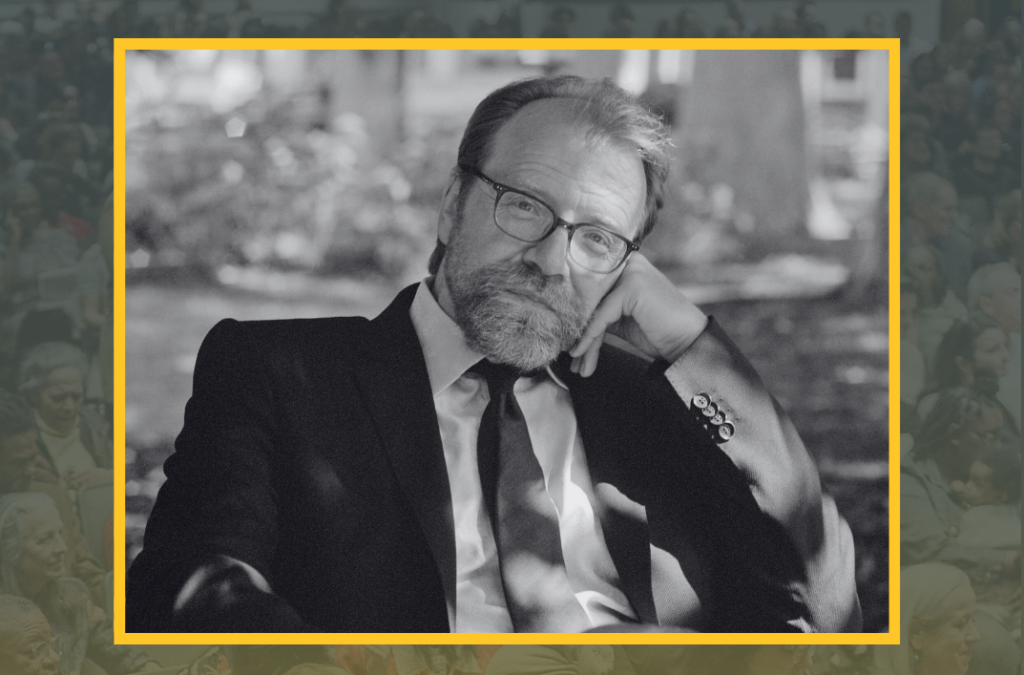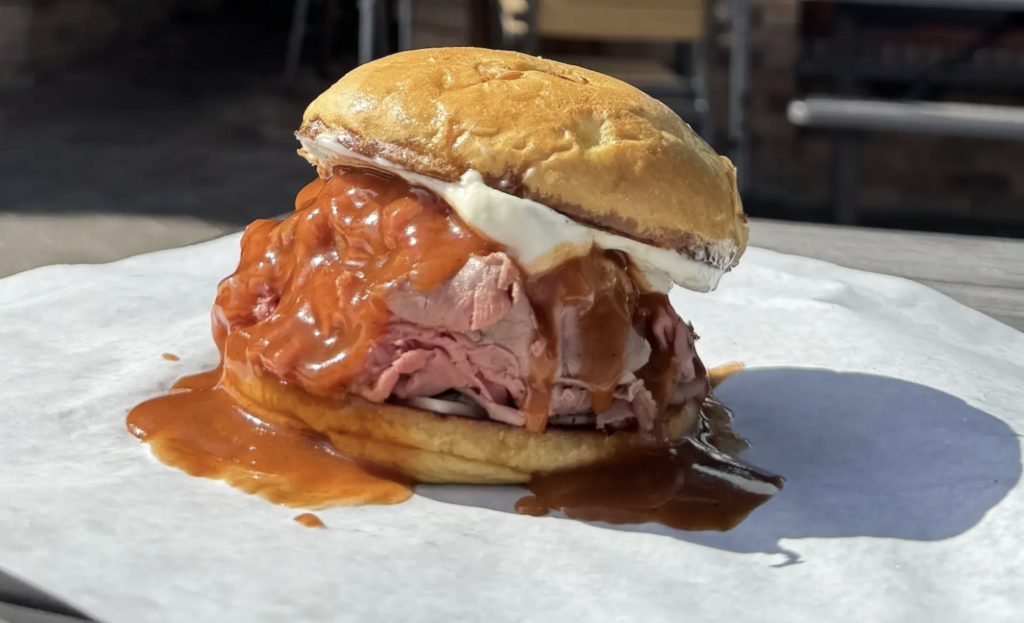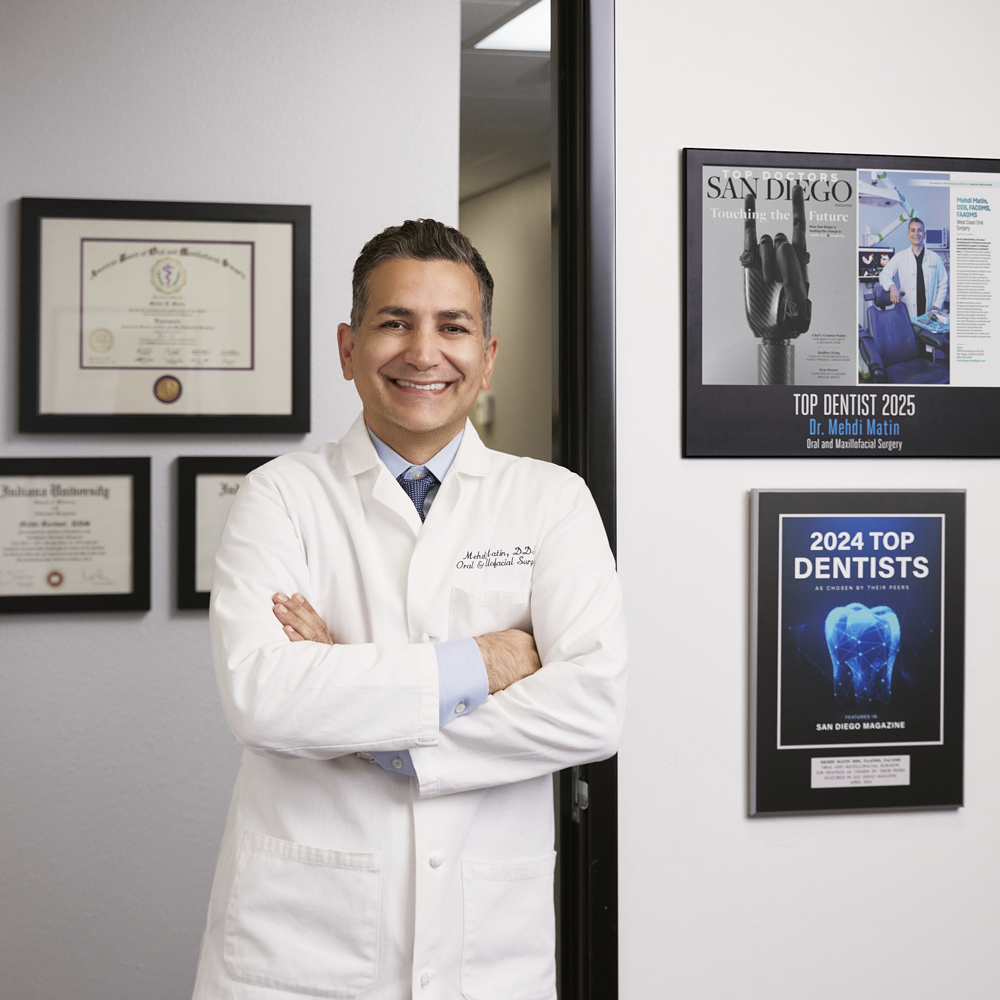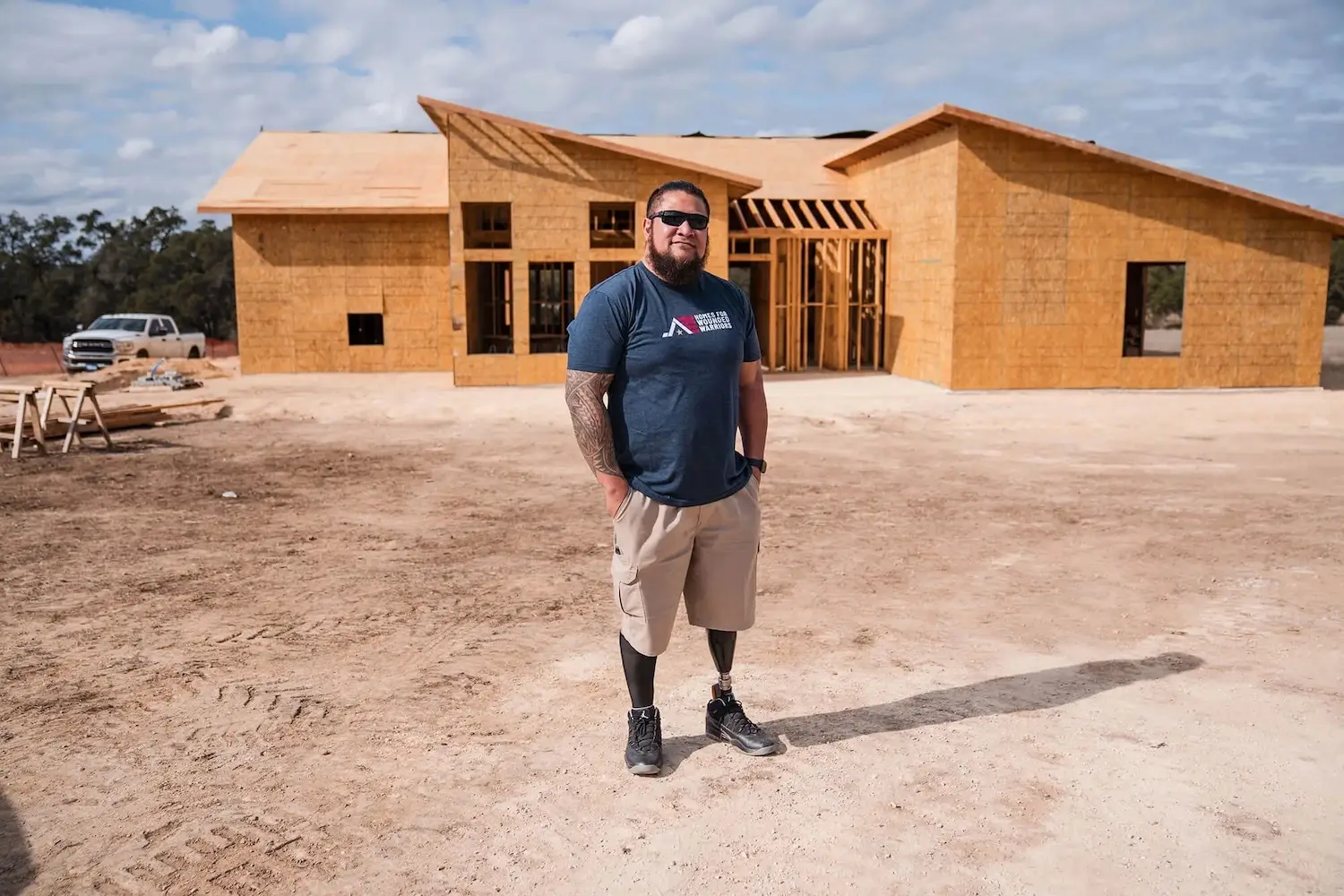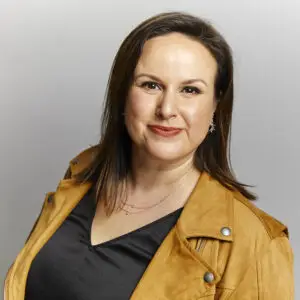Since 2001, an estimated 41 percent of veterans have been receiving health care services through the Department of Veterans Affairs (VA) for mental health treatment. However, many still face challenges getting the care that they need. In San Diego, Wounded Warrior Homes is stepping up to increase access to mental health services for local vets in crisis.
The North County nonprofit, which has been providing transitional housing to homeless veterans since 2009, recently launched Operation Mental Health to help “heal invisible injuries.” Rick Espitia, president of Wounded Warrior Homes, chairman of its board, and a veteran himself, was determined to create the program after hearing from local vets that it can take several months to be seen by a VA counselor. An ambitious goal was set for Operation Mental Health: being able to see most veterans within 72 hours.
“We started to look at VA and other data showing the needs of today’s veterans. Then, we conducted interviews with veterans and service providers, which confirmed that mental health was the number one concern,” Espitia says. “The main obstacle is the timeliness of receiving adequate care.”
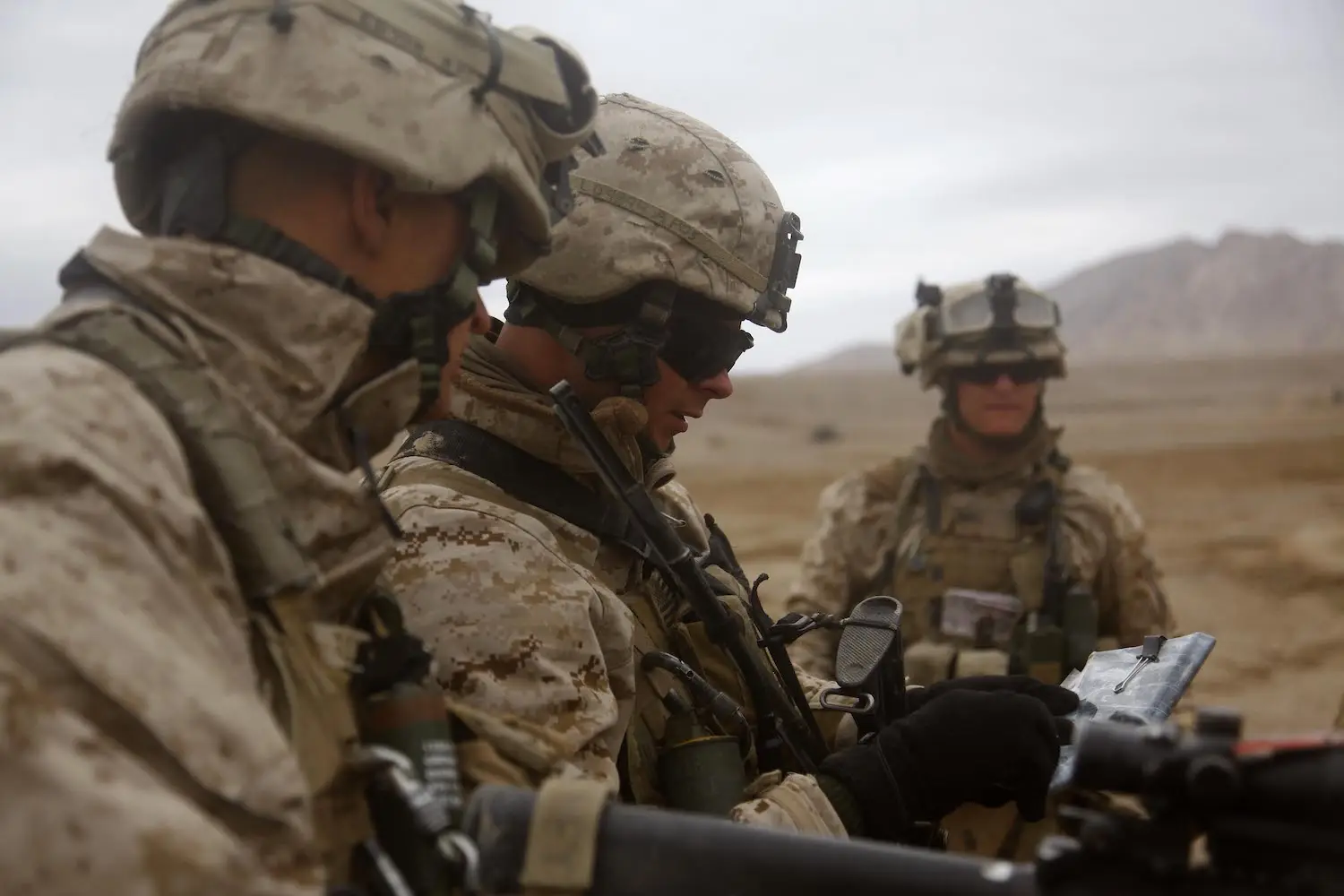
Wounded Warrior Homes partnered with mental and behavioral health provider Serene Health and its San Diego-based MindSet PrTMS division, which provides traditional mental health services plus transcranial magnetic stimulation for people with traumatic brain injuries, post-traumatic stress disorder, depression, sleep disorders, and other issues. Wounded Warrior Homes is also in the process of hiring an additional therapist who can immediately assist vets in crisis. Treatment will come at no cost to the veteran.
“We formed a resource-sharing agreement, so instead of just [sending] the veteran off to another agency, they report back to me on the progress of that veteran,” says Espitia. “I feel that we’ve come up with a solution set that is far different than the typical nonprofit—or even a for-profit—mental health organization.”
Espitia explains that Operation Mental Health also overlaps with the nonprofit’s recently launched women’s services program.
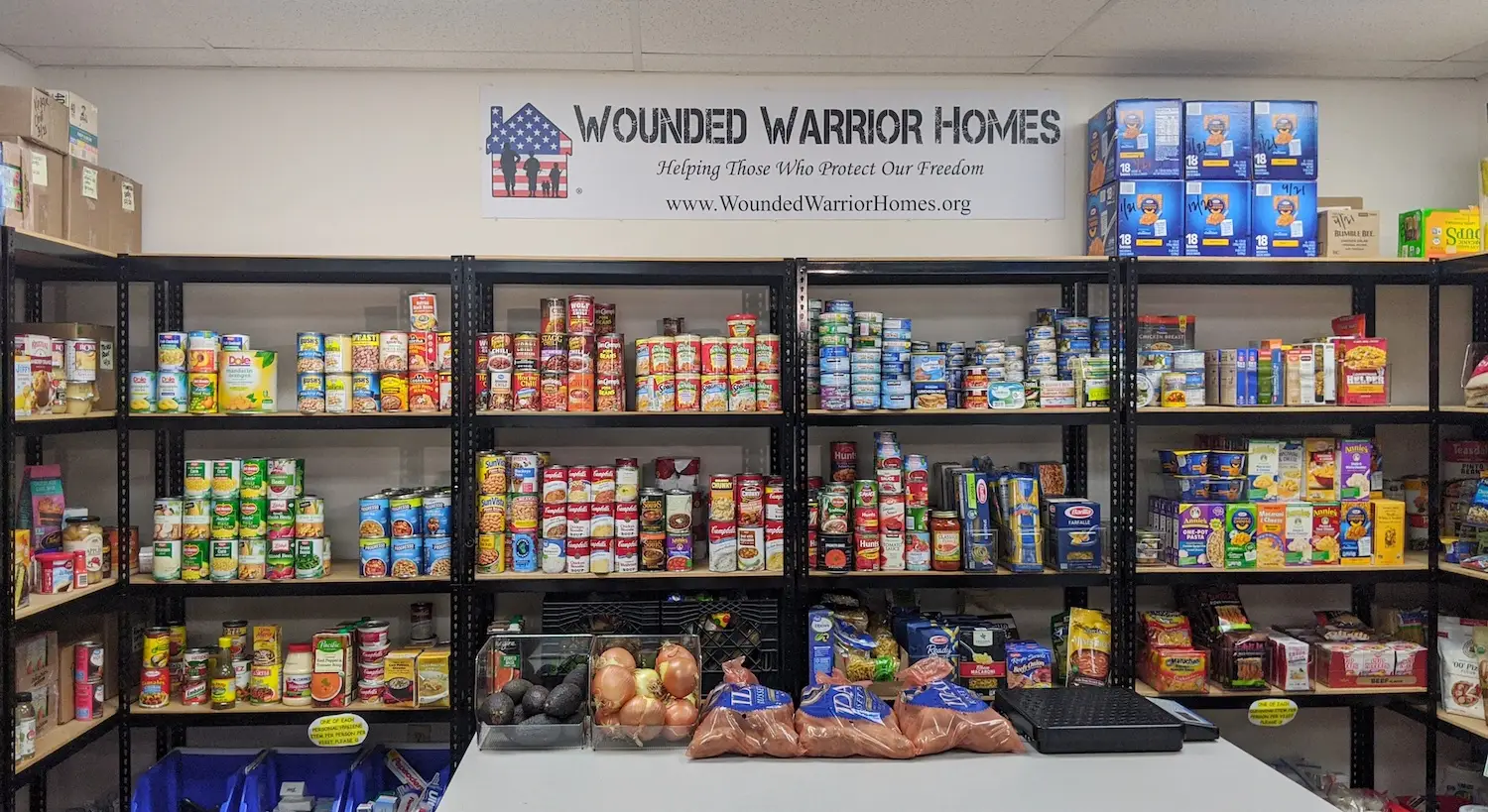
“According to VA data sources, 33 percent of all homeless women suffer from military sexual trauma. When I read that stat, I was amazed,” he says. “So, we’ve hired a case worker who’s going to be working with women veterans and have another specialist who has over 27 years of licensed therapist experience, and she’s going to focus on women and their mental health.”
PARTNER CONTENT
But hiring clinicians, procuring a HIPAA-compliant electronic records system, and covering the costs associated with veterans’ mental health care adds up quickly. Wounded Warrior Homes is working to raise $1 million to fund the program.
“Mental health care is expensive—there’s no doubt about that. Serene Health has been very gracious, but we’ve got to be able to raise the funds to be able to hire and maintain our in-house therapist and then expand the program beyond North San Diego County and into areas where there’s a high density of veterans in need,” says Espitia.


